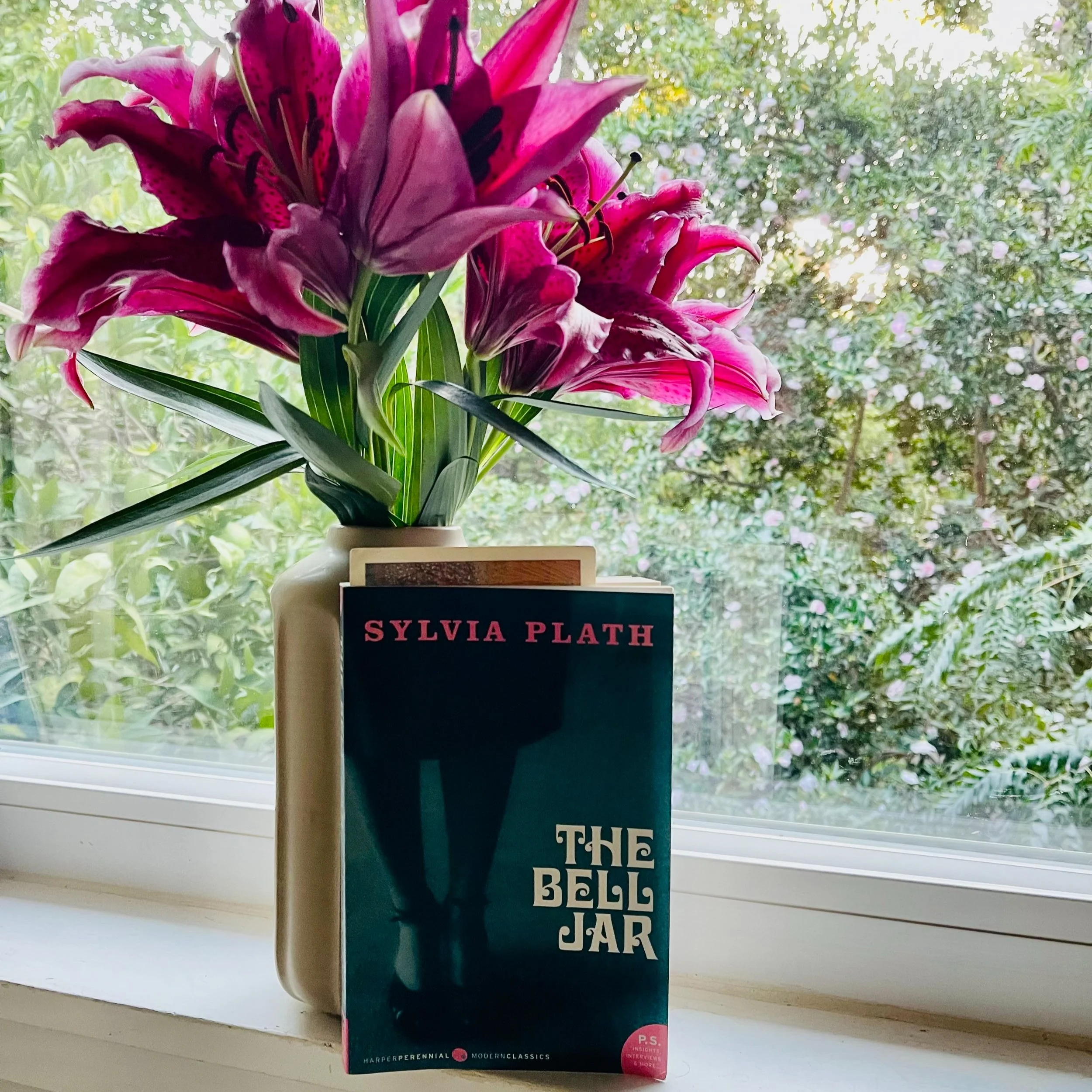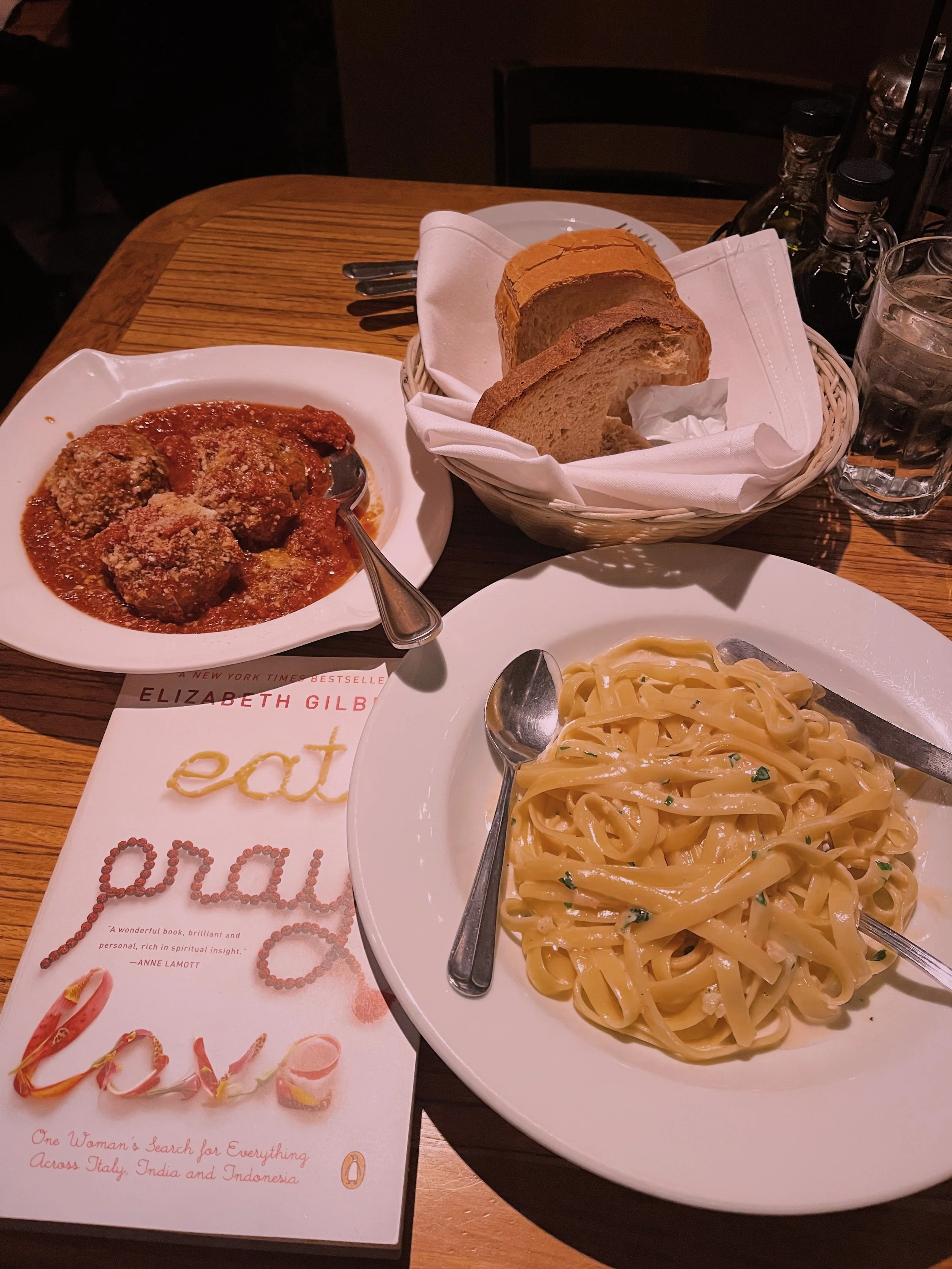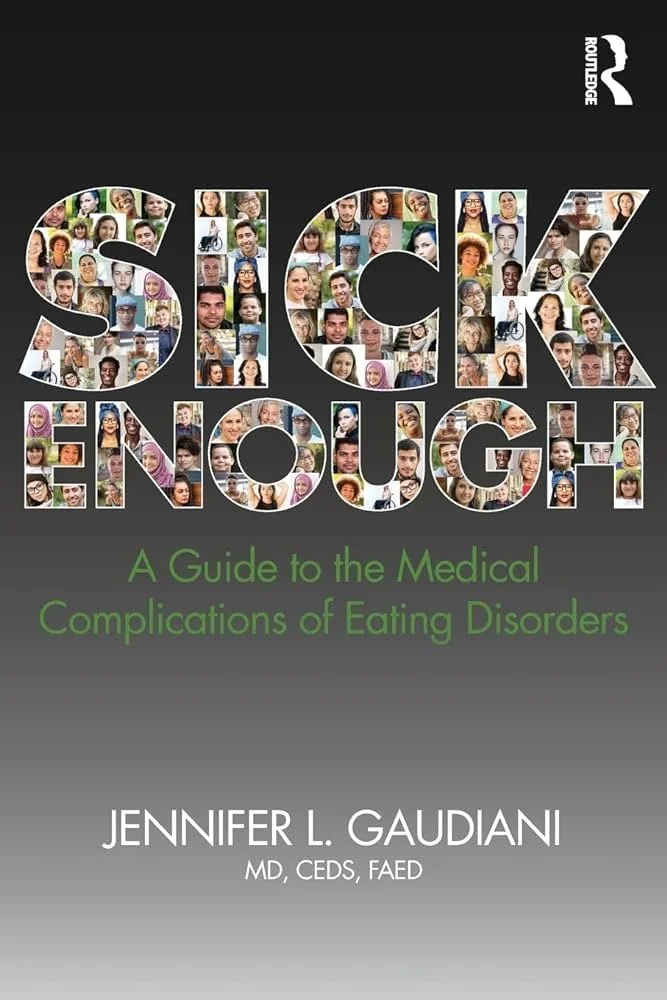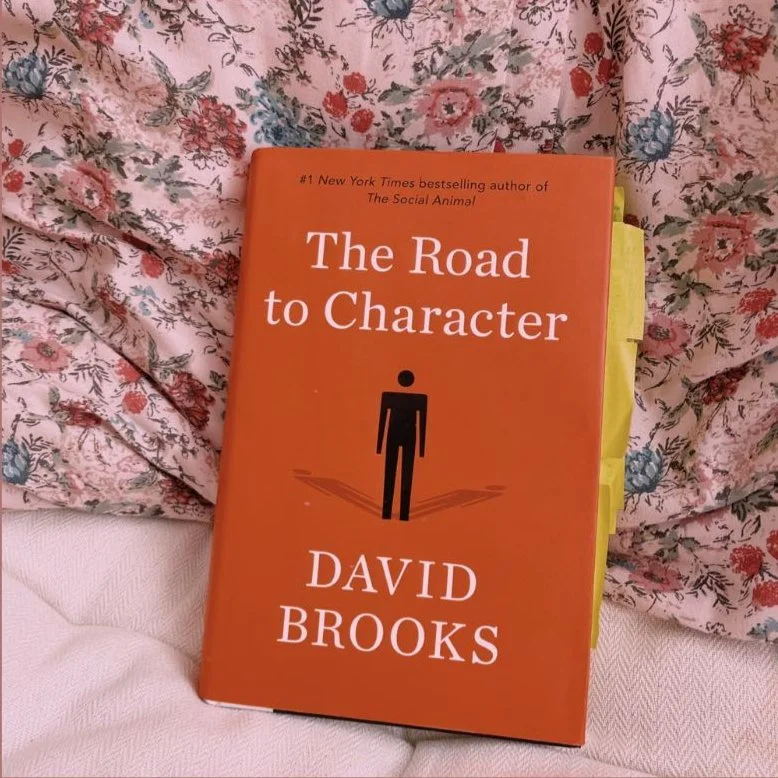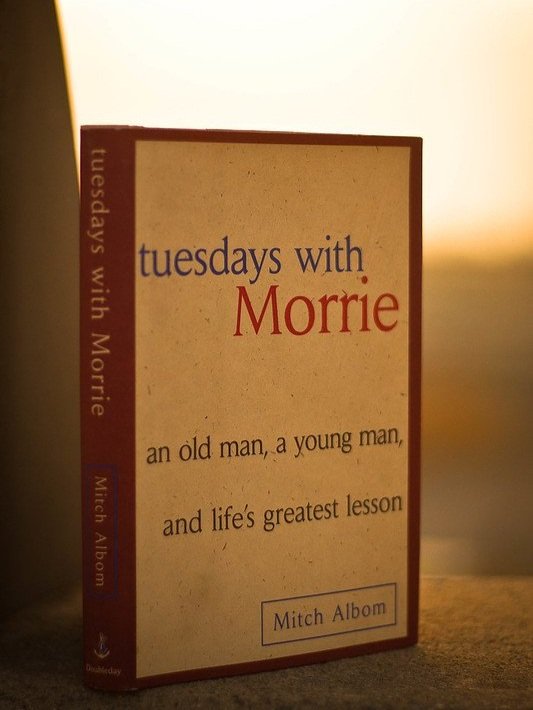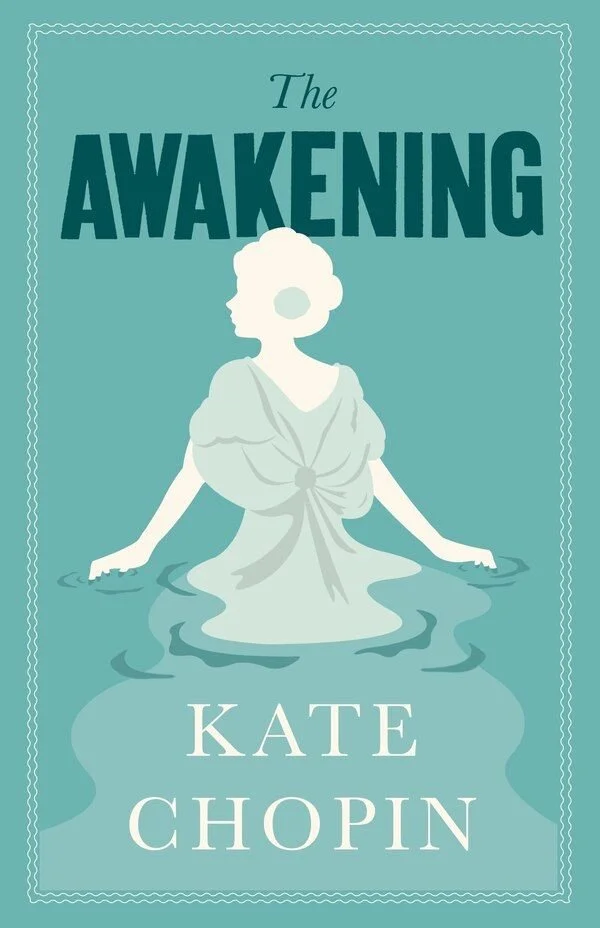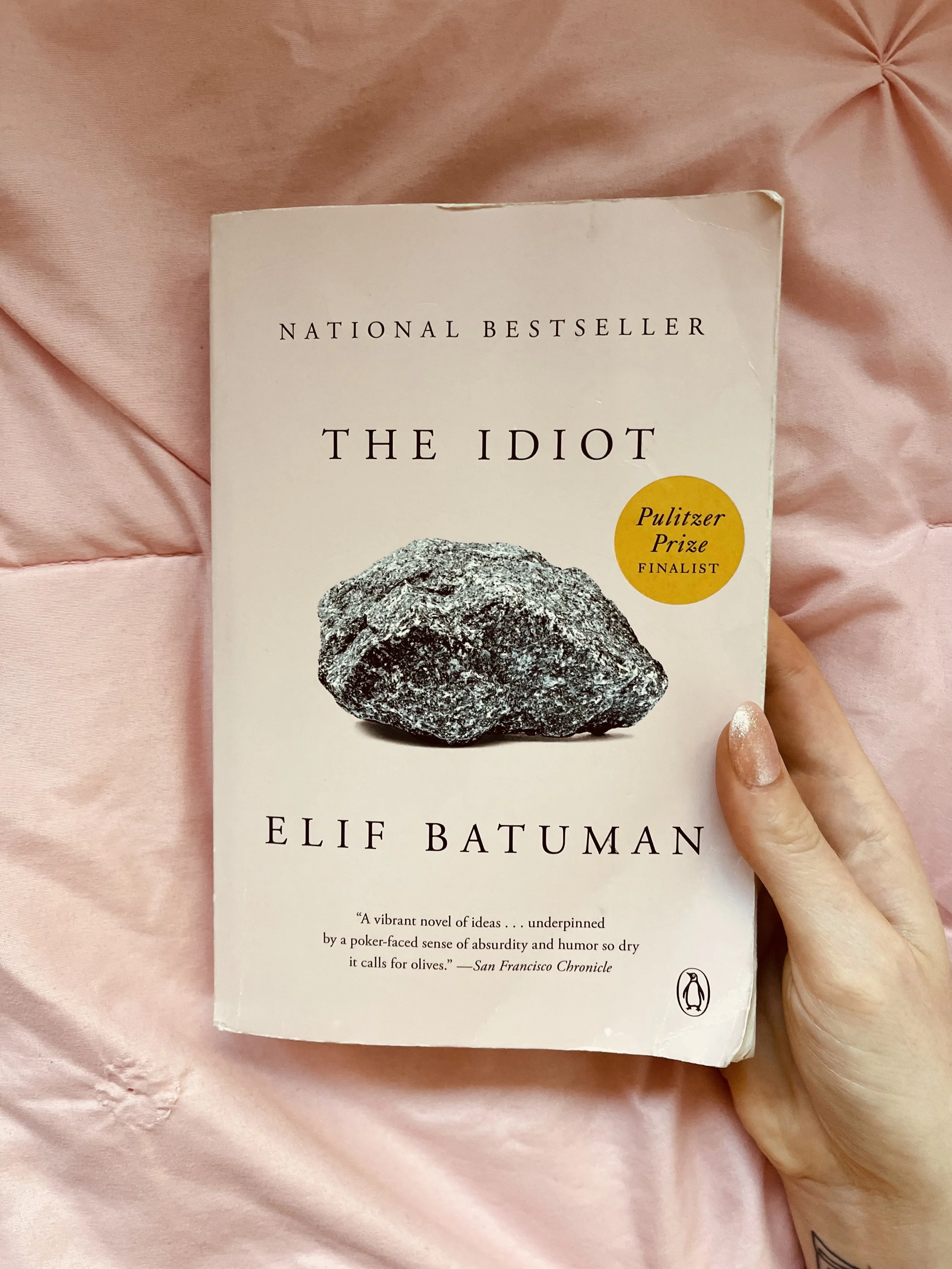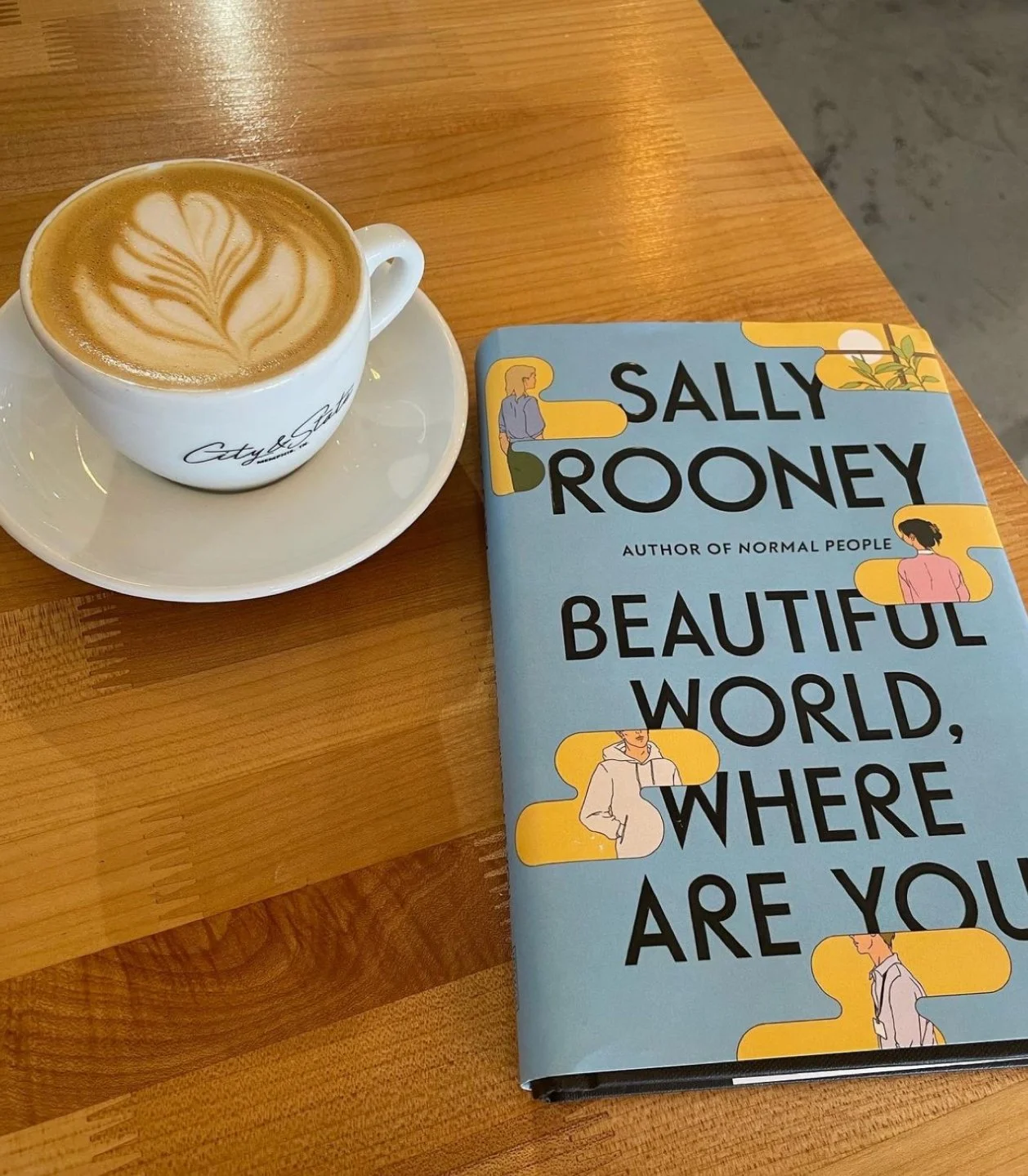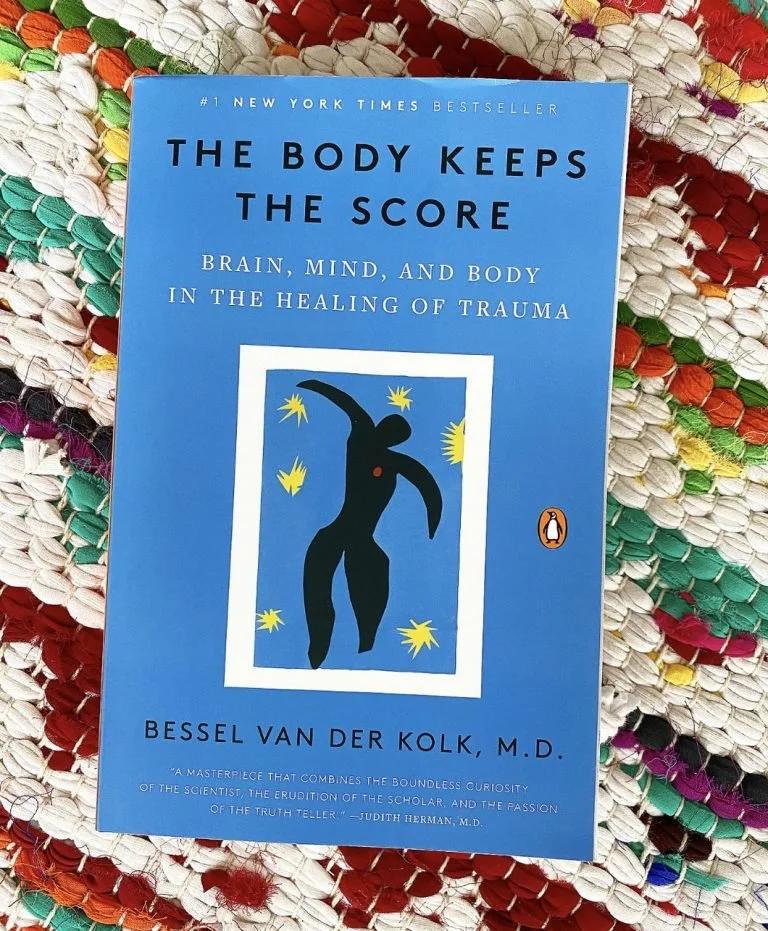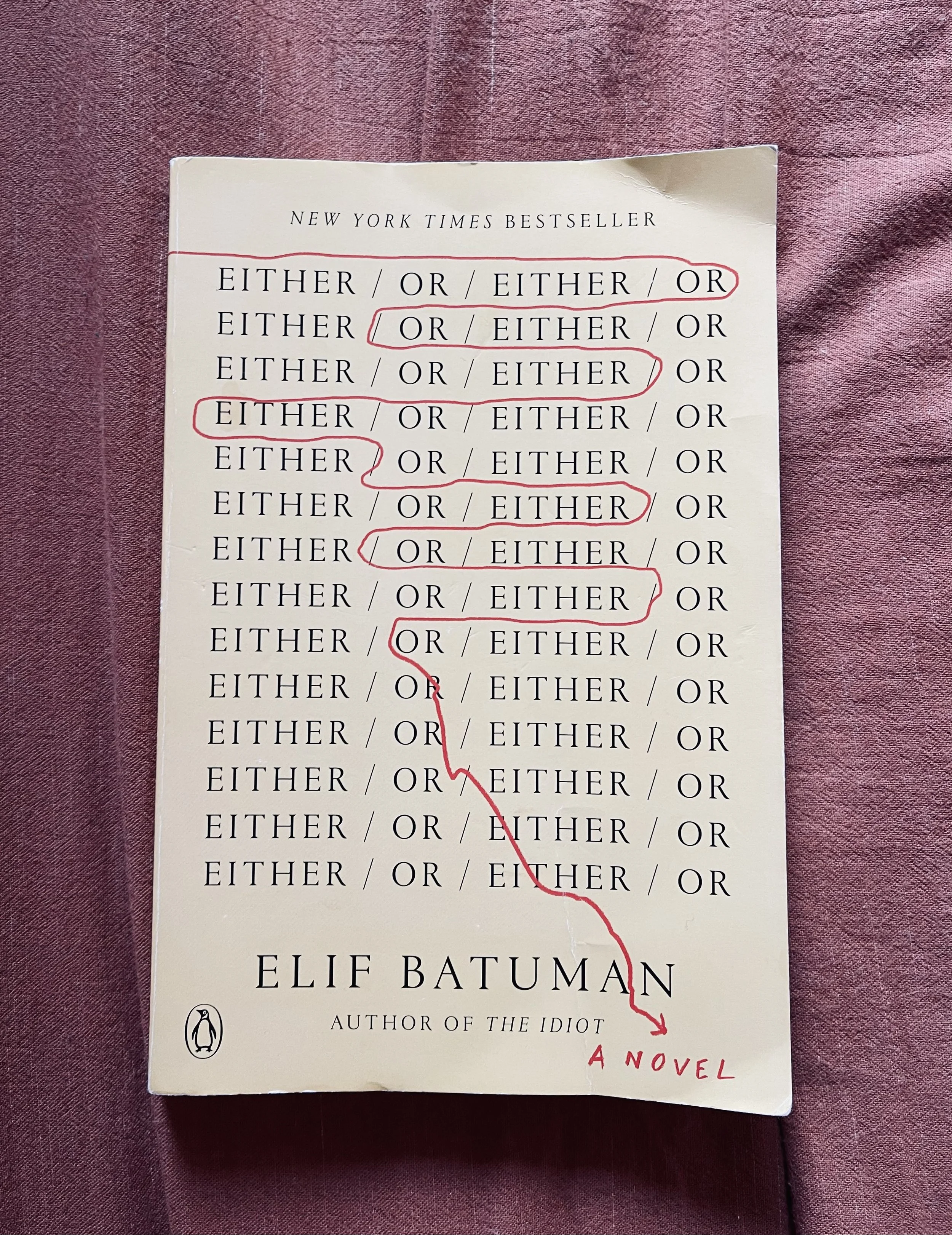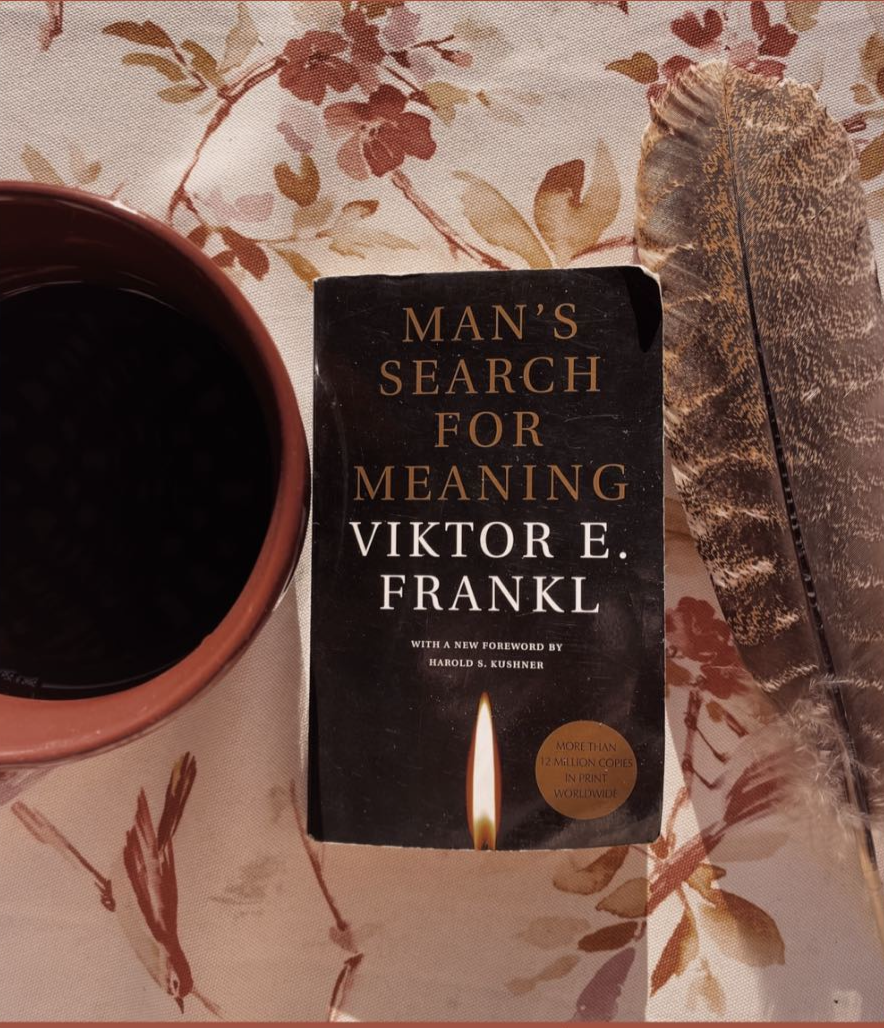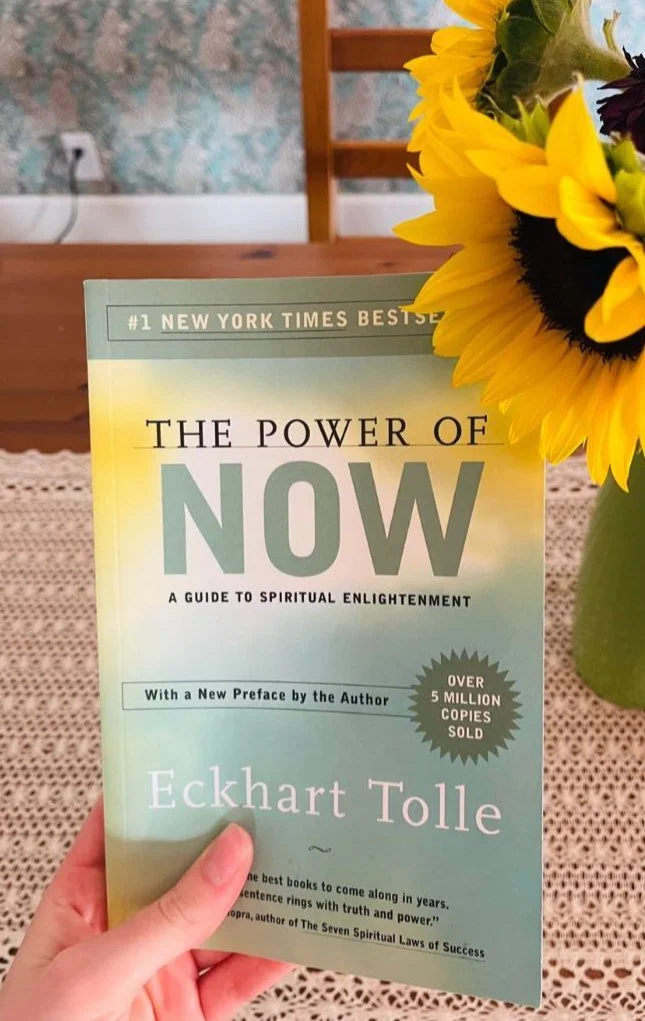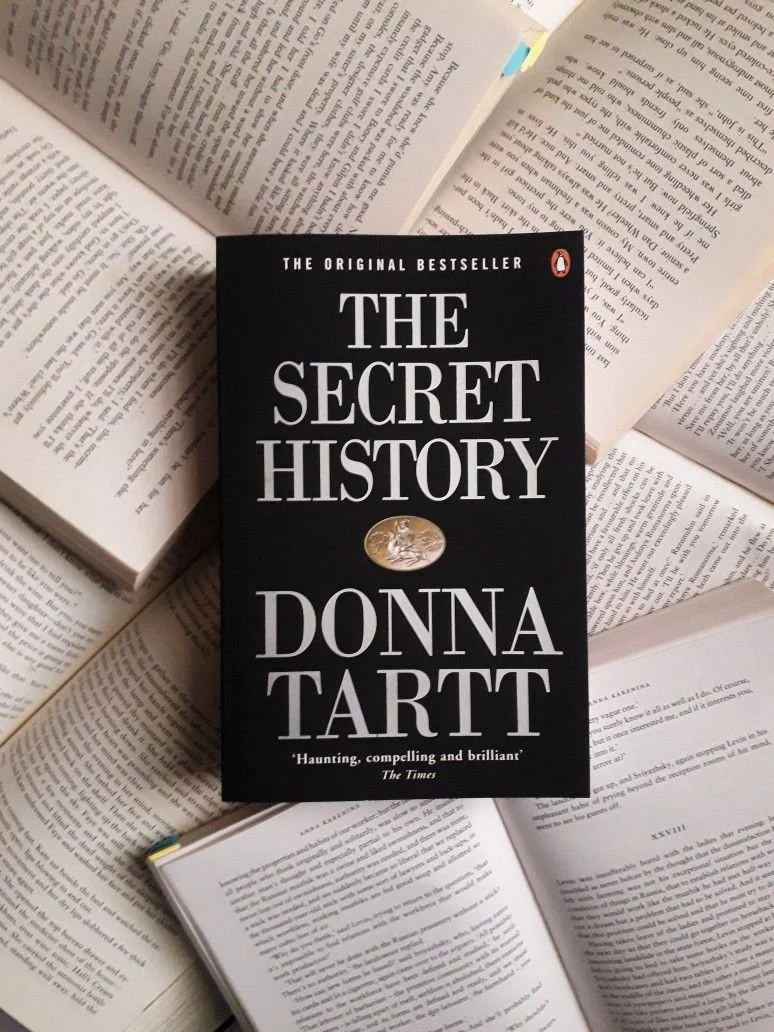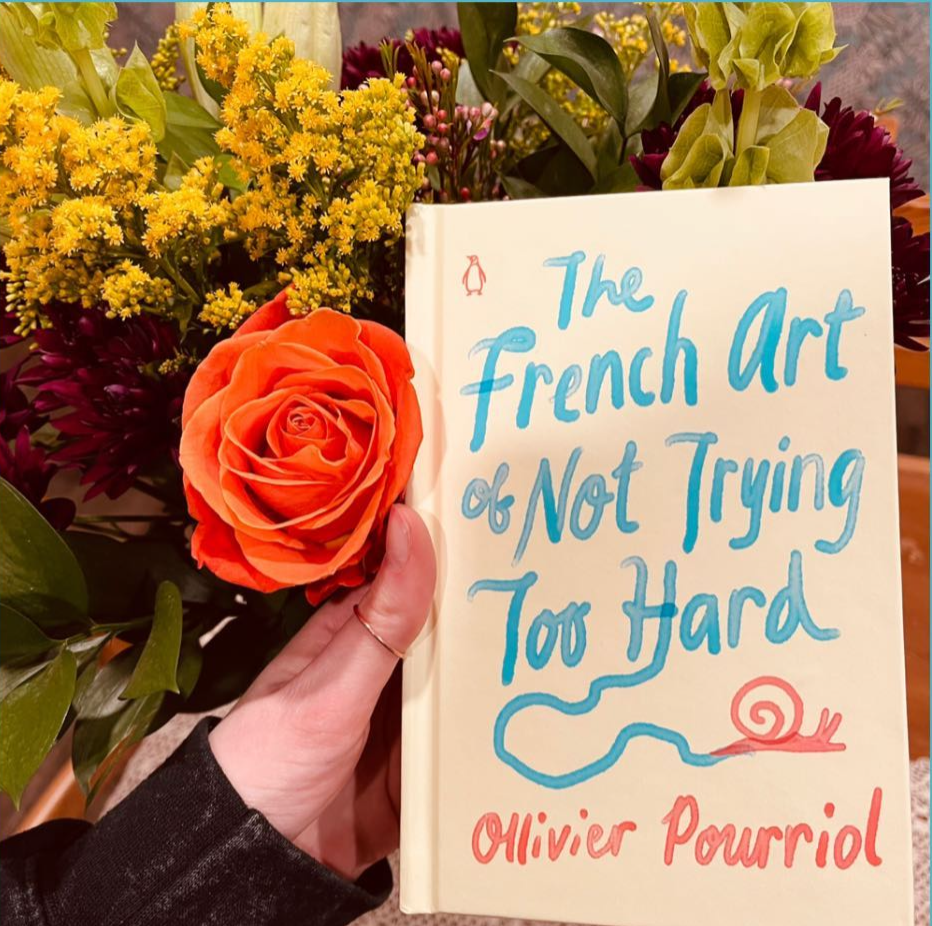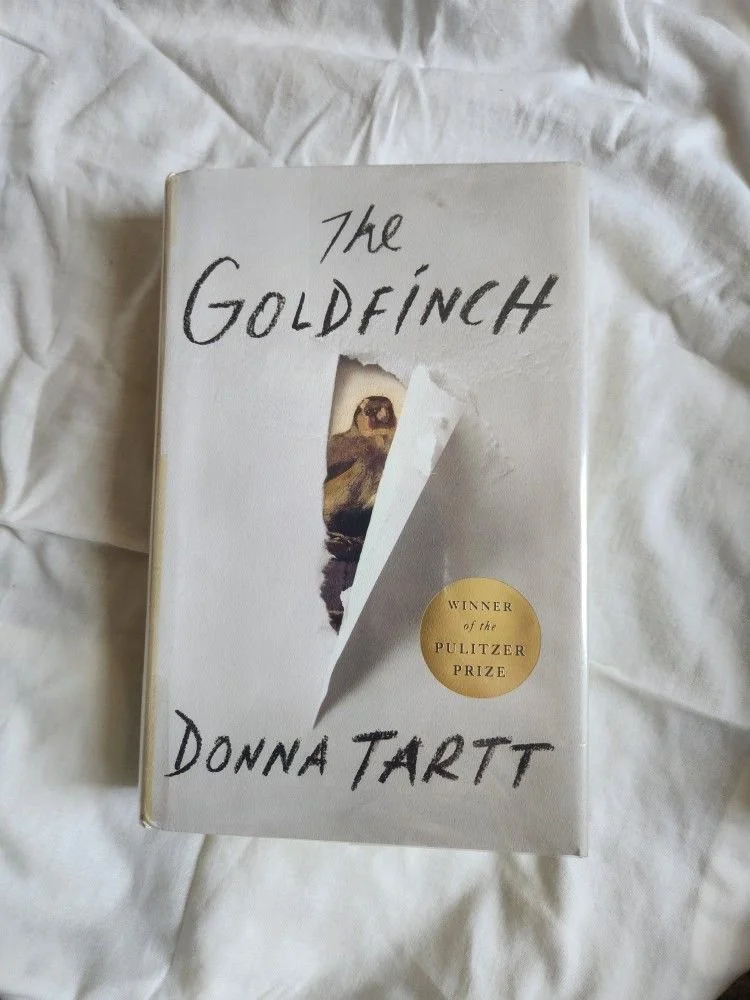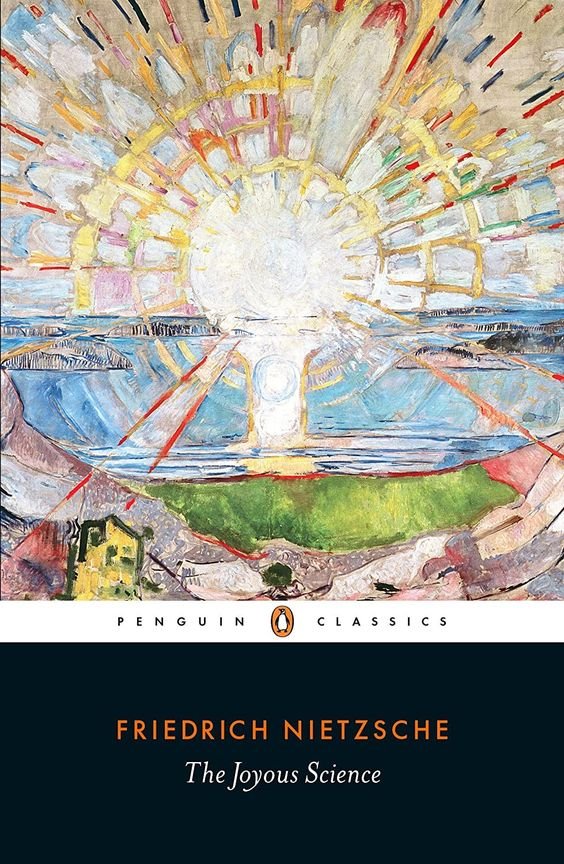
Books
The Bell Jar
By Sylvia Plath
“The Bell Jar chronicles the crack-up of Esther Greenwood: brilliant, beautiful, enormously talented, and successful, but slowly going under—maybe for the last time.”
The Bell Jar is just about my favorite book of all time. I loved it so much that I got the book’s catchphrase tattooed on my arm! Because this book spoke to me in SO many ways.
Not only is Sylvia Plath an incredible writer and poet (one of my all-time favorites), but she was a woman with a terrific soul that stretched miles deep with intuition, wisdom, pain, insanity, and inner beauty. She poured her soul and, especially her heart, into this book—both figuratively AND literally, as she passed away shortly after its publication.
A classic novel about feminine rage, love, confusion, wisdom, and adversity, The Bell Jar is a must-read for everyone—especially young women. With its transformative narrative and sensational message, this book will change your life, or at least the way you see it.
“I took a deep breath and listened to the old brag of my heart.
I am, I am, I am” (Plath 243).
Published in 1963; 244 pages; Coming-of-age fiction, Classic; Written by Sylvia Plath.Eat, Pray, Love
By Elizabeth Gilbert
“Around the time Elizabeth Gilbert turned thirty, she went through an early-onslaught midlife crisis. She had everything an educated, ambitious American woman was supposed to want—a husband, a house, a successful career. But instead of feeling happy and fulfilled, she was consumed with panic, grief, and confusion. She went through a divorce, a crushing depression, another failed love, and the eradication of everything she ever thought she was supposed to be.
To recover from all this, Gilbert took a radical step. In order to give herself the time and space to find out who she really was and what she really wanted, she got rid of her belongings, quit her job, and undertook a yearlong journey around the world—all alone. Eat, Pray, Love is the absorbing chronicle of that year.
An intensely articulate and moving memoir of self-discovery, Eat, Pray, Love is about what can happen when you claim responsibility for your own contentment and stop trying to live in imitation of society’s ideals. It is certain to touch anyone who has ever woken up to the unrelenting need for change.”
For years I held preconceived notions about this book and what it was about, most of which were negative; so I avoided reading it. However, when my mom finished it and told me how much she loved it, I decided to give it a try. Thank goodness I did, as this is now one of my most favorite novels—my favorite memoir—of all time.
As the title suggests, Eat, Pray, Love revolves around the spectacular and life-changing journey Elizabeth Gilbert took to Italy, India, and Bali, where she traveled unknown territory both on land and in her heart. Inspired by her spontaneity and confidence, I felt moved by Gilbert’s story—especially as I started reading it while on my first solo-vacation.
Though the story altogether is amusing, wild, and fantastic, what I appreciated most about this novel was the tid-bits of wisdom it provided all throughout—one of which I got tattooed on me. I admire Gilbert as a writer and a woman, and I hope that someday I can take a journey like she did.
“Americans have an inability to relax into sheer pleasure. Ours is an entertainment-seeking nation, but not necessarily a pleasure-seeking one…Dolce far niente.” (Gilbert 61).
Published in 2006; 368 pages; Travel, Nonfiction, Memoir; Written by Elizabeth Gilbert.Sick Enough
By Jennifer L. Gaudiani MD, CEDS, FAED
“Patients with eating disorders frequently feel that they aren’t ‘sick enough’ to merit treatment, despite medical problems that are both measurable and unmeasurable. They may struggle to accept rest, nutrition, and a team to help them move towards recovery. Sick Enough offers patients, their families, and clinicians a comprehensive, accessible review of the medical issues that arise from eating disorders by bringing relatable case presentations and a scientifically sound, engaging style to the topic. Using metaphor and patient-centered language, Dr. Gaudiani aims to improve medical diagnosis and treatment, motivate recovery, and validate the lived experiences of individuals of all body shapes and sizes, while firmly rejecting dieting culture.”
Given to me by one of the best doctors and people I met while in recovery, Sick Enough spoke to me like no book about disordered eating ever had before. So many aspects of my experiences with an eating disorder were explained through reading this book, and I finally felt fully heard and understood in my struggles—big and small.
This book gets down into the nitty-gritty of disordered eating, providing its readers with science-based information, real-life experiences of other patients, and helpful tips for recovery. Jennifer Gaudiani truly cares about her profession and her patients, and it shines through in this insightful work.
Nevertheless, Sick Enough is very heavy and comprehensive, so it may be triggering and/or overwhelming at times. For this reason, I recommend two things. One, only start this book if you are in a safe place in your recovery to do so; if you are recommended to read it by a doctor, therapist, or psychiatrist; or if you are the parent/loved one of someone struggling with disordered eating. And two, read it in chunks, allowing space and time in between chapters/sections/pages for you to process what you’ve read. (I also suggest not reading the individual case studies of other patients provided if you feel you may be triggered easily).
“Eating disorders are mental illnesses, not lifestyle choices. Patients often have great judgement when it comes to almost everything else in life…except food and their bodies. They are used to trusting their judgement and decision making, so they forget to question the way in which this mental illness has taken over and distorted their perceptions of this one narrow set of topics” (Gaudiani).
Published in 2018; 258 pages; Health, Psychology, Nutrition; Written by Jennifer L. Gaudiani. The Road to Character
By David Brooks
“With the wisdom, humor, curiosity, and sharp insights that have brought millions of readers to his New York Times column and his previous bestsellers, David Brooks has consistently illuminated our daily lives in surprising and original ways…Now, in The Road to Character, he focuses on the deeper values that should inform our lives.
Blending psychology, politics, spirituality, and confessional, The Road to Character provides an opportunity for us to rethink our priorities, and strive to build rich inner lives marked by humility and moral depth.”
One day, empty-handed and looking for something new to read, I discovered this book in the corner of my sister’s room. She said one of her teachers had given it to her, but she wasn’t interested in reading it, as she was only in the 5th grade at the time. I thought I’d give it a chance.
The Road to Character ended up being a spectacularly informative and mind-altering read that I later lent to my mom and her boyfriend to also read. Written with depth, multi-dimensionality, and open-mindedness, this book expanded my horizons when it came to character—specifically the balance of confidence and humility. Intertwining religion, spirituality, mythology, philosophy, and personal experience, this book allows for a greater look at what it means to be a ‘good’ human.
Though there were several parts of this book that I disagreed with or felt opposed to, David Brooks composes a work that allows for these divisions. He actually encourages readers to develop their own opinions and views based on the information he provides. I extracted several pieces of wisdom from The Road to Character, and I experienced many realizations while reading it. I’m glad I picked it up and decided to try it out that day, and I hope you give it a shot too!
“The self-effacing person is soothing and gracious, while the self-promoting person is fragile and jarring. Humility is freedom from the need to prove you are superior all the time, but egotism is a ravenous hunger in a small space—self-concerned, competitive, and distinction-hungry. Humility is infused with lovely emotions like admiration, companionship, and gratitude” (Brooks 8).
Published in 2015; 320 pages; Personal Development, Psychology, Philosophy; Written by David Brooks. Tuesdays with Morrie
By Mitch Albom
“Maybe it was a grandparent, or a teacher or a colleague. Someone older, patient and wise, who understood you when you were young and searching, and gave you sound advice to help you make your way through it. For Mitch Albom, that person was Morrie Schwartz, his college professor from nearly twenty years ago.
Maybe, like Mitch, you lost track of this mentor as you made your way, and the insights faded. Wouldn't you like to see that person again, ask the bigger questions that still haunt you?
Mitch Albom had that second chance. He rediscovered Morrie in the last months of the older man's life. Knowing he was dying of ALS—or motor neurone disease—Mitch visited Morrie in his study every Tuesday, just as they used to back in college. Their rekindled relationship turned into one final ‘class’: lessons in how to live.”
Tuesdays with Morrie was recommended to me to my sister—a book she read in school that she loved and felt moved by. Knowing my sister isn’t really a reader, though she has great taste, I decided it was definitely worth the read. Immediately, I knew I made a good choice, as it ended up being one of my favorite novels.
Short and sweet, this book pulled at my heart strings, brought me laughter and frequent smiles, and even had me teary-eyed. A beautiful and terrific story loaded with wisdom, Tuesdays with Morrie is the perfect book for anyone—young, old, or anyone anywhere in between. It’s a book you can read to your kids every morning, your grandparents every afternoon, and yourself every night. There’s no doubt you will love the story and what it has to offer.
“The truth is, once you learn how to die, you learn how to live” (Albom 131).
Published in 1997; 210 pages; Memoir, Classic; Written by Mitch Albom. The Awakening
By Kate Chopin
The Awakening—AH! What can I say about this absolute beauty of a masterpiece by such an incredible, influential, and amazing woman?! Besides The Bell Jar, this is probably my favorite classic—and the cool thing is that they are super similar! Just take a look at that last quote included here and compare it to Plath’s “I am, I am, I am” scene. Similar messages shared in different ways.
But enough with my being completely in love with this novel. For those who are unfamiliar with Kate Chopin (go read her work, NOW), the writer, poet, and author went through a lot in her life. After the death of her husband and her mother at age thirty-five, Kate was left to raise six children by herself. She took up writing as a career, but also as a way to express the revolutions she was experiencing, specifically those associated with sexual awakening, feminism, and her desire to break away from oppressive societal norms. Through her work, Chopin implicitly spoke out against the restraints and pressures placed on women during her time period. She touched on issues such as marriage, sexuality, eroticism, domesticity, true love, psychological turmoil, family, and more. Her work was quite controversial during her time, and many people continue to debate it today (though I have not the least idea why, as her stories are incredibly informative and insightful, especially given the fact that she adhered to Realism and Naturalism in much of her work).
“Set in New Orleans and on the Louisiana Gulf coast at the end of the 19th century, the plot centers on Edna Pontellier and her struggle between her increasingly unorthodox views on femininity and motherhood with the prevailing social attitudes of the turn-of-the-century American South. It is one of the earlier American novels that focuses on women's issues without condescension. It is also widely seen as a landmark work of early feminism, generating a mixed reaction from contemporary readers and critics.”
I advocate that every. single. person should read this novel, regardless of who you are, what you may be studying, what your beliefs are, etc. It is a tremendously wonderful depiction of the life of a late 19th-century/early 20th-century woman, with a romantic, enlightening, and tragic storyline that shines light on so much that goes unsaid in the world of motherhood, womanhood, relationships, self-discovery, and nature.
“She was becoming herself and daily casting aside that fictitious self which we assume like a garment with which to appear before the world.”
“Even as a child she had lived her own small life within herself. At a very early period she had apprehended instinctively the dual life - that outward existence which conforms, the inward life which questions.”
“The voice of the sea is seductive; never ceasing, whispering, clamoring, murmuring, inviting the soul to wander for a spell in abysses of solitude; to lose itself in mazes of inward contemplation. The voice of the sea speaks to the soul. The touch of the sea is sensuous, enfolding the body in its soft, close embrace.”
The Awakening: Published in 1899; 95 pages; American Modernist, Feminist, Classic; Written by Kate Chopin.The Idiot & Either/Or
By Elif Batuman
The Idiot
“The year is 1995, and email is new. Selin, the daughter of Turkish immigrants, arrives for her freshman year at Harvard. She signs up for classes in subjects she has never heard of, befriends her charismatic and worldly Serbian classmate, Svetlana, and, almost by accident, begins corresponding with Ivan, an older mathematics student from Hungary. Selin may have barely spoken to Ivan, but with each email they exchange, the act of writing seems to take on new and increasingly mysterious meanings…
With superlative emotional and intellectual sensitivity, mordant wit, and pitch-perfect style, Batuman dramatizes the uncertainty of life on the cusp of adulthood. Her prose is a rare and inimitable combination of tenderness and wisdom; its logic as natural and inscrutable as that of memory itself. The Idiot is a heroic yet self-effacing reckoning with the terror and joy of becoming a person in a world that is as intoxicating as it is disquieting. Batuman's fiction is unguarded against both life's affronts and its beauty--and has at its command the complete range of thinking and feeling which they entail.”
Either/Or
“Selin is the luckiest person in her family: the only one who was born in America and got to go to Harvard. Now it’s sophomore year, 1996, and Selin knows she has to make it count. The first order of business: to figure out the meaning of everything that happened over the summer…How does one live a life as interesting as a novel—a life worthy of becoming a novel—without becoming a crazy abandoned woman oneself?
Guided by her literature syllabus and by her more worldly and confident peers, Selin reaches certain conclusions about the universal importance of parties, alcohol, and sex, and resolves to execute them in practice—no matter what the cost. Next on the list: international travel.
Unfolding with the propulsive logic and intensity of youth, Either/Or is a landmark novel by one of our most brilliant writers. Hilarious, revelatory, and unforgettable, its gripping narrative will confront you with searching questions that persist long after the last page.”
Though I thoroughly enjoyed both The Idiot and Either/Or, the latter (a sequel) was my favorite because of how much I connected with it. Every page of this novel evoked some radical question in my mind, asking me to pause and think for a moment before proceeding. Also heavily detailed and organized, this work was a blast to read. If you like a book that can challenge you while also providing comfort and understanding, Elif Batuman’s masterpieces are for you.
A great spin off of the classics, The Idiot and Either/Or are modern takes on historical ideas about love, friendship, loss, knowledge, sex, and much more. I found that both novels, though complex and frustrating at times, spoke to me in a way no previous book I’d read ever had. I hope they can do the same for you!
“Was this the decisive moment of my life? It felt as if the gap that had dogged me all my days was knitting together before my eyes—so that, from this point on, my life would be as coherent and meaningful as my favorite book. At the same time, I had a powerful sense of having escaped something: of having finally stepped outside the script” (Batuman 354).
The Idiot: Published in 2017; 423 pages; Coming-of-age fiction; Written by Elif Batuman.Either/Or: Published in 2022; 354 pages; Coming-of-age fiction; Written by Elif Batuman.Beautiful World, Where Are You?
By Sally Rooney
“Alice, a novelist, meets Felix, who works in a warehouse, and asks him if he'd like to travel to Rome with her. In Dublin, her best friend Eileen is getting over a break-up and slips back into flirting with Simon, a man she has known since childhood.
Alice, Felix, Eileen and Simon are still young—but life is catching up with them. They desire each other, they delude each other, they worry about sex and friendship and the times they live in. Will they find a way to believe in a beautiful world?”
In addition to her other two amazing novels, Normal People and Conversations With Friends, Sally Rooney composes a beautifully artistic, complex, unique, and thoughtful novel about love, friendship, careers, education, travel, sex, hardship, and more. An addictive page-turner, Beautiful World, Where Are You was made for young women in their late teens and early twenties attempting to navigate adulthood. All of Rooney’s characters are relatable, distinct, and important, as each one offers a different perspective.
Though at times depressing and bitter, this book puts into words what many of us cannot, thus providing comfort and understanding. In this way, it creates a collective group of readers who are inevitably connected by disconnection.
“What if the meaning of life on earth is not eternal progress toward some unspecified goal—the engineering and production of more and more powerful technologies, the development of more and more complex and abstruse cultural forms? What if these things just rise and recede naturally, like tides, while the meaning of life remains the same always—just to live and be with other people?” (Rooney 169).
Published in 2021; 337 pages; Contemporary fiction; Written by Sally Rooney.One of the greatest, most influential memoirs/books I’ve ever read, Man’s Search for Meaning will forever be one of the most important books on my bookshelf. Filled with wisdom and insight, even if the most unlikely of places, this memoir’s depth stretches beyond the pages themselves, into the minds, hearts, and souls of every reader.
Arguably the best nonfiction psychology book I have ever read, The Power of Now is not only a book, but a way of life for me. Being engrossed in the present moment, appreciating everything life has to offer in the here and now, is something I value immensely. Eckhart Tolle does an incredible job of navigating his readers toward a greater sense of self, better well-being, and an increased capacity to live life to the fullest through this work.
I was surprised at how well Tolle fastened all of these incredible ideas into a single book, as it takes one hell of a writer to put the indescribable into words—let alone as simply and understandably as he did. For this reason and many more, I recommend this work of art to anyone and everyone.
“Under the influence of their charismatic classics professor, a group of clever, eccentric misfits at an elite New England college discover a way of thinking and living that is a world away from the humdrum existence of their contemporaries. But when they go beyond the boundaries of normal morality they slip gradually from obsession to corruption and betrayal, and at last—inexorably—into evil.”
The Secret History is—and I’m sure will always be—my favorite classic mystery thriller. Layered with depth, detail, and charm, it is a one of a kind masterpiece that will go down in history as one of the best novels of our time.
With a gut-wrenching plot and captivating and original characters, this contemporary spin on classic literature had me fully immersed—so much so that I began to see parts of it unfold in my real life. A beautiful and twisted story that communicates the deepest, best, and most vile parts of being young. I learned so much from reading this work and I definitely think it is one that every bookworm should read at least once in their lifetime.
The Body Keeps the Score
By Bessel Van Der Kolk, M.D.
“Trauma is a fact of life. Veterans and their families deal with the painful aftermath of combat; one in five Americans has been molested; one in four grew up with alcoholics; one in three couples have engaged in physical violence. Dr. Bessel van der Kolk, one of the world's foremost experts on trauma, has spent over three decades working with survivors. In The Body Keeps the Score, he uses recent scientific advances to show how trauma literally reshapes both body and brain, compromising sufferers' capacities for pleasure, engagement, self-control, and trust. He explores innovative treatments—from neurofeedback and meditation to sports, drama, and yoga—that offer new paths to recovery by activating the brain's natural neuroplasticity. Based on Dr. van der Kolk's own research and that of other leading specialists, The Body Keeps the Score exposes the tremendous power of our relationships both to hurt and to heal—and offers new hope for reclaiming lives.”
My mom gifted me this book while I was in recovery. I knew from the look of it that it would be a transformative, heavy, and detailed work that would help me shift the way I viewed my personal experiences with adversity. Science-based, this book awakened me to the realities of trauma that I had never realized or known about before. Informative and inspiring, The Body Keeps the Score helped me navigate and come to terms with my eating disorder, mental illnesses, and hardship. There were several times while reading this book that I felt my shoulder relax as a great tension was lifted from me knowing that there were explanations for what I was feeling and experiencing.
I think every single person could benefit from reading this book, even if only in chunks (which I highly recommend, as it is quite the heavy read). Whether you’ve withstood trauma or not, the knowledge and awareness this work presents to its readers is invaluable.
“Agency starts with what scientists call interoception, our awareness of our subtle sensory, body-based feelings: the greater that awareness, the greater our potential to control our lives. Knowing what we feel is the first step to knowing why we feel that way” (Van Der Kolk 98).
Published in 2014; 464 pages; Nonfiction, Psychology, Health; Written by Bessel Van Der Kolk.Man’s Search for Meaning
By Viktor E. Frankl
As the title suggests, this book discusses the ways in which we as humans can find—or more so, look for—meaning in both the grandest and the most mundane aspects of our lives. Written from the perspective of a Holocaust survivor, Man’s Search for Meaning shows us how Viktor E. Frankl sought after meaning during one of the worst times of his life (and of history), and in the most tragic of places. In my view, if Frankl could do so under such horrible circumstances, we should be able to find meaning in our everyday lives.
This memoir is an absolute must-read. Each and every person, whether you enjoy reading or not, can find truth and inspiration in Frankl’s work. I think this book should be read and discussed in schools: in history and psychology and English classes. While the story is complex and intricate, the message is ultimately simple:
“Everything can be taken from a man but one thing: the last of the human freedoms—to choose one’s attitude in any given set of circumstances, to choose one’s own way” (Frankl 66)
Published 1959; 165 pages; Memoir, Psychology, Philosophy; Written by Viktor E. Frankl. The Power of Now
By Eckhart Tolle
“To make the journey into the Now we will need to leave our analytical mind and its false created self, the ego, behind. From the very first page of Eckhart Tolle's extraordinary book, we move rapidly into a significantly higher altitude where we breathe a lighter air. We become connected to the indestructible essence of our Being, ‘The eternal, ever present One Life beyond the myriad forms of life that are subject to birth and death.’ Although the journey is challenging, Eckhart Tolle uses simple language and an easy question-and-answer format to guide us.
A word-of-mouth phenomenon since its first publication, The Power of Now is one of those rare books with the power to create an experience in readers, one that can radically change their lives for the better.”
“Time isn’t precious at all, because it is an illusion. What you perceive as precious is not time but the one point that is out of time: the Now. That is precious indeed. The more you are focused on time—past and future—the more you miss the Now, the most precious thing there is” (Tolle 49).
The Power of Now is like my Bible—it preaches a truth that resonates so deep within me. Coincidentally, Tolle takes bits and pieces of wisdom from various religions, philosophers, inspirational figures, and other works that come together to create a harmonious masterpiece.
Published in 1997; 229 pages; Personal Development, Philosophy, Spirituality; Written by Eckhart Tolle. The French Art of Not Trying Too Hard
By Ollivier Pourriol
“Whether it's the Protestant work ethic, or the capitalist need for productivity, most of us in the English-speaking world believe that in order to achieve anything worthwhile, we must first expend huge amounts of effort. In fact, just the opposite is true. In The French Art of Not Trying Too Hard, Ollivier Pourriol shows how the best results in life, love, work, art and even sports come not from working harder, but from letting go.
Drawing lessons from French legends like Descartes, Stendhal and Françoise Sagan, Rodin and Zidane, Cyrano de Bergerac and Coco Chanel, Ollivier Pourriol explores how to be efficient a la française, and how to effortlessly reap the rewards.”
I’ll be honest, as soon as I saw the words “The French Art,” I knew this book was for me. Anything and everything about French culture is beautiful, alluring, and relatable to me. There’s just something about the way the French live their lives that makes me want to quit my job, leave school, pack my bags, and fly off to Paris for the rest of my life; but Ollivier Pourriol’s novel showed me that I don’t have to physically be in France in order to practice their ways of live and incorporate their spectacular philosophies into my life.
The French Art of Not Trying Too Hard speaks for itself: work smarter, not harder. But that isn’t the only message of this book. The biggest takeaway from this book to me was to learn how to let go. Easier said than done, yes, but the act of letting go of expectations, overthinking, anxiety and stress, wants and needs, goals and dreams, can actually help you achieve anything you want to. Relaxing, though we’ve been conditioned to think otherwise, is one of the primary keys to success.
Rich with amusing, clever, and superb metaphors and analogies, Pourriol’s work is applicable to anyone—especially Americans—and encourages us to slow down and wake up.
“Thinking is moving out of the moment to look at yourself acting, leaving the point of action and projecting yourself into the past or the future” (Pourriol 116).
Published in 202; 256 pages; Nonfiction, Cultural, Personal Development; Written by Ollivier Pourriol. The Secret History & The Goldfinch
By Donna Tartt
“Aged thirteen, Theo Decker, son of a devoted mother and a reckless, largely absent father, survives an accident that otherwise tears his life apart…He is tormented by an unbearable longing for his mother, and down the years clings to the thing that most reminds him of her: a small, strangely captivating painting that ultimately draws him into the criminal underworld. As he grows up, Theo learns to glide between the drawing rooms of the rich and the dusty antiques store where he works. He is alienated and in love—and his talisman, the painting, places him at the center of a narrowing, ever more dangerous circle.
The Goldfinch is a haunted odyssey through present-day America and a drama of enthralling power. Combining unforgettably vivid characters and thrilling suspense, it is a beautiful, addictive triumph—a sweeping story of loss and obsession, of survival and self-invention, of the deepest mysteries of love, identity and fate.”
Although The Goldfinch did not outshine The Secret History in my opinion, it is nevertheless a terrific book that I would also call a must-read.
With an immaculate and riveting narrative, I found myself emotionally and psychologically attached to this novel. That said, it is a pretty heavy and very, very thorough read, so it took me a while to finish. Similar to The Secret History, this work of Tartt’s is filled to the brim with fascinating characters, plot twists, language, and a spectacular ending. I fully annotated and highlighted this book, as there were so many sections within it that flabbergasted me and made me feel truly alive.
If you finish The Secret History and find yourself hooked on Tartt’s exceptional writing, definitely give this one a go. I’m sure you won’t be disappointed.
“Beauty is terror. Whatever we call beautiful, we quiver before it. And what could be more terrifying and beautiful, to souls like the Greeks or our own, than to lose control completely? To throw off the chains of being for an instant, to shatter the accident of our mortal selves?” (Tartt).
The Secret History: Published in 1992; 559 pages; Contemporary classic, Mystery, Thriller; Written by Donna Tartt.The Goldfinch: Published in 2013; 864 pages; Fiction, Mystery; Written by Donna Tartt.“That life—whatever else it is—is short. That fate is cruel but maybe not random. That Nature (meaning Death) always wins but that doesn’t mean we have to bow and grovel to it. That maybe even if we’re not always so glad to be here, it’s our task to immerse ourselves anyway: wade straight through it, right through the cesspool, while keeping eyes and hearts open. And in the midst of our dying, as we rise from the organic and sink back ignominiously into the organic, it is a glory and a privilege to love what Death doesn’t touch” (Tartt).
The Gay Science
By Friedrich Nietzsche
If I had to define this book in one word it would probably be: incredible. This work of Nietzsche’s is a complete and utter masterpiece—not solely because it is well written, but most of all because of the simple yet complex philosophies Nietzsche communicates, and how well he is able to translate such indescribable ideas into delicate, impactful, and transformative words. I only wish I could read German so that I could read it in its original text!
Though the entire book is a collection of wisdom and insight, my favorite is Book Four (there are five sections total, each labeled as “Book _”). Book Four was written just after Nietzsche had recovered from a life-threatening illness, so it is full of life and characterized by new ways of viewing life.
Nietzsche discusses everything in this work: love, friendship, money, politics, power, good and evil, religion, identity, gender, life and death, philosophy, work, meaning, nature, truth, and much more. Though most of his ideas are full of wisdom and depth, it’s important to consider the time period and context in which he wrote this work (there are some passages that may adhere to gender biases and antisemitism, I believe).
This work is not ‘fun’ reading. Yes, I absolutely loved this book, but not because it was a pleasurable read. The Gay Science is heavy; so try to read it in sections and take lots of breaks. But 100%, everyone should read this work. It has so much to offer the world—so much of what we all already know and feel but are simply not aware of.
“A.: Do I still understand you rightly? You are searching? Where is your corner and star within the real world? Where can you lie down in the sun so that an abundance of well-being comes to you, too, and your existence justifies itself? Let everyone do that for himself - you seem to me to be saying - and let everyone put out of his mind generalities and worries about others and about society! B: I want more than that; I am no seeker. I want to create for myself a sun of my own.”
“What makes one heroic?
To approach at the same time one's highest suffering and one's highest hope.”
The Gay Science: Published in 1882; Book length varies; Classic, Philosophy, Nihilism/Existentialism; Written by Friedrich Nietzsche.
